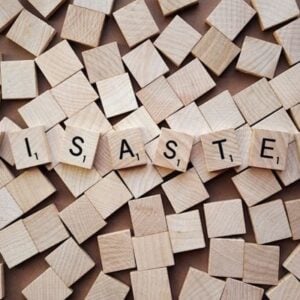Around 18 million households in the Philippines are expected to see a reduction in their vulnerability to natural disasters through a new World Bank-supported initiative known as the Philippines Community Resilience Project, or “Pagkilos.” The project focuses on strengthening community-led planning and infrastructure investment to tackle climate and disaster risks. Local communities will be directly involved in identifying risks and developing resilience plans, which will be supported by implementation grants. These plans prioritize resilient infrastructure and sustainable livelihood development.
The project emphasizes community empowerment, allowing residents to actively participate in preparing for and mitigating climate change impacts and natural disasters. According to World Bank officials, the ability of communities to anticipate risks, self-organize, and collaborate with government entities is essential for successful climate adaptation and disaster preparedness. This approach is expected to foster long-term resilience and proactive local engagement.
Planned investments under the Pagkilos project will address hazards such as floods, droughts, landslides, and storm surges. Infrastructure improvements may include protective structures like breakwaters, slope stabilization, retrofitting of public facilities, and windbreaks. The project will also incorporate nature-based solutions, such as erosion control, reforestation, water conservation, and the restoration of ecosystems like forests, wetlands, and waterways.
Beyond disaster protection, the initiative also promotes resilient and sustainable livelihoods. This includes support for climate-smart agriculture, small-scale irrigation, and other innovative farming methods aimed at improving food security and income stability in the face of extreme weather events.
The project will provide technical training and capacity building to local government units and community volunteer groups, enabling them to manage and implement sub-projects effectively. These efforts are concentrated in 500 climate-vulnerable municipalities across 49 provinces, chosen based on poverty levels and exposure to climate hazards. Notably, 177 of these municipalities have significant Indigenous populations, with the project expected to reach about 33 percent of the country’s total Indigenous Peoples.
To ensure inclusivity and equity, Pagkilos places special emphasis on vulnerable groups such as Indigenous Peoples, women, and beneficiaries of the Pantawid Pamilyang Pilipino Program, a national conditional cash transfer scheme focused on health and education. The Department of Social Welfare and Development (DSWD) will lead the project using a community-driven development approach, which involves residents in decision-making, budgeting, and project implementation to better meet local needs.
The total cost of the project stands at $874.35 million, of which $700 million will be financed through a World Bank loan from the International Bank for Reconstruction and Development. The Philippine government will contribute the remaining $174.35 million.
As one of the most disaster-prone countries globally, the Philippines consistently ranks high on the World Risk Index. The country regularly faces severe typhoons, floods, droughts, earthquakes, and volcanic eruptions. In 2023 alone, 2.1 million out of 2.6 million disaster-related displacements were caused by two major typhoons and flooding events, underscoring the urgent need for large-scale community resilience programs like Pagkilos.







